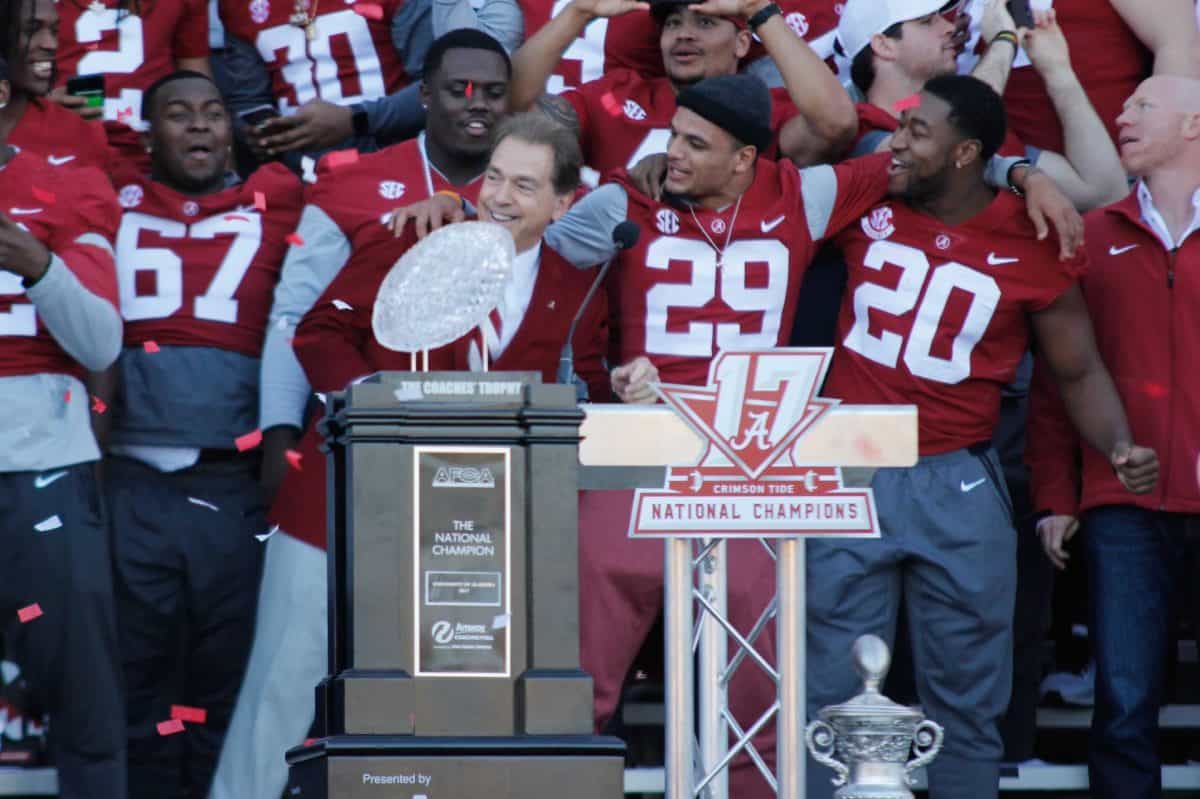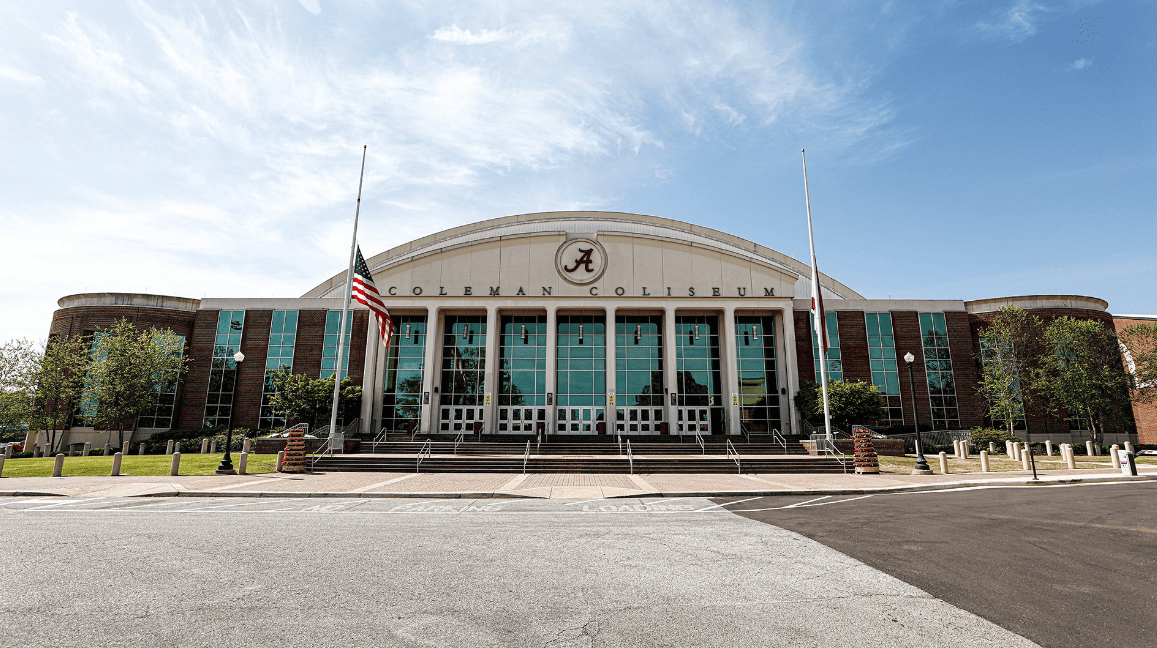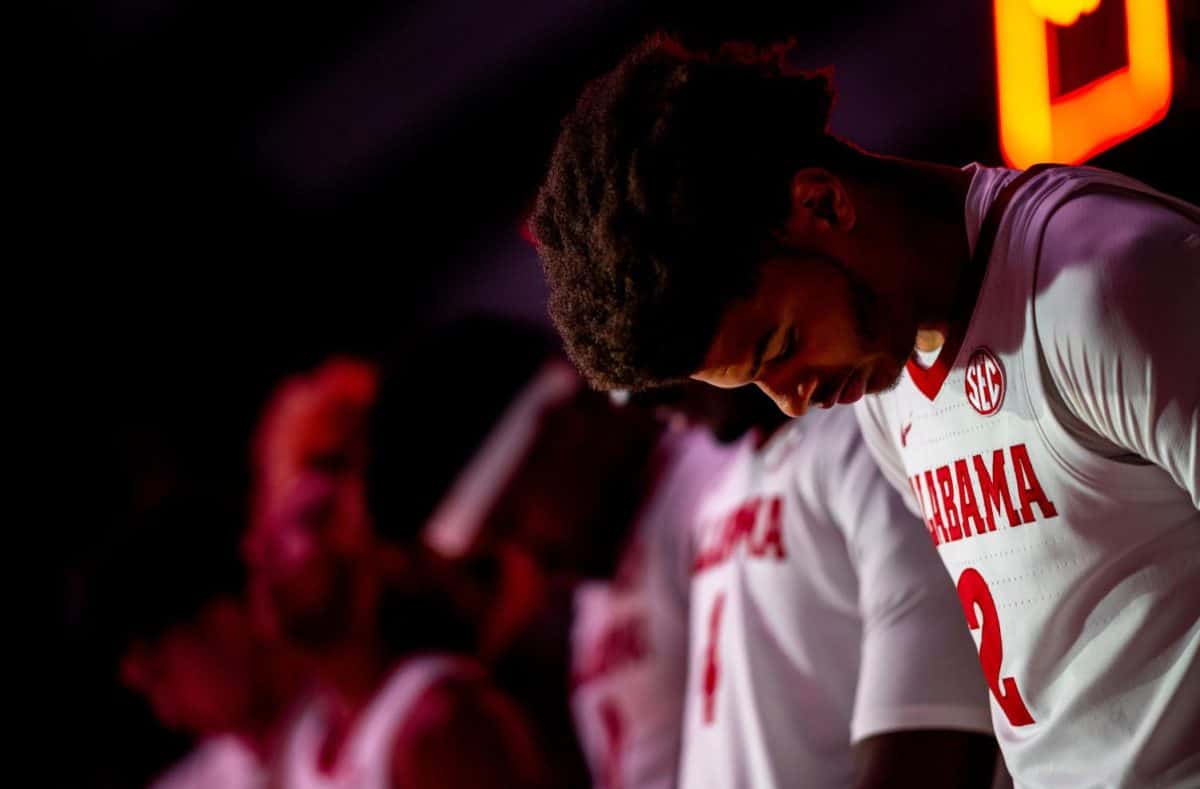Amber Forsythe was the “perfect Baptist child.” She went to church with her family every Sunday, knew the Ten Commandments and did Bible drills. She knew she loved God and God loved her.
Soon, however, Forsythe, a health studies graduate student, committed a sin so severe in the eyes of Southern Baptists that she was cut off from her family. What was the sin? Murder? Deceit? No, Forsythe’s sin doesn’t appear in the Ten Commandments.
She is a lesbian.
In many Christian faiths, homosexuality is believed to be sinful choice. When the many Christian-raised children scattered about the South reach adulthood, those who identify themselves as anything other than heterosexual often face scrutiny from the Christian faith they were raised in.
Groups like national nonprofit organization Believe Out Loud and affirming churches like God’s House and Canterbury Episcopal Chapel, where Forsythe attends, are working to make the Christian community a more accepting place for all people, not just those who are straight.
Helene Loper, a pastor at God’s House, did not come out as a lesbian until her midlife. She said the problem lies in church policies, not with God.
“Many people have equated God with this human institution, and what they have heard isn’t the truth about themselves,” she said. “They are in a crisis and are questioning how, if they are gay, they can be Christian. They must rethink who God is and who the church is. If they accept that old church, they accept a wrathful God that hates them. But they come here and find something new.”
Gwen Ashby, director of Believe Out Loud, agreed that all Christian churches are not the same.
“I want to combat the notion that Christianity is unilaterally anti-gay,” Ashby said. “I want to spread the message that there is a welcoming and affirming body of Christians that love you just as you are and want to work to form equality for everyone.”
The Christian argument against homosexuality is based on several Bible verses interpreted literally. Ashby said these verses are often taken without regard to context.
“If you are going to be a Bible literalist, then you probably need to take off your polycotton and refrain from eating shellfish,” Ashby said. “The few verses used against homosexuality are looked at without looking at mandates.”
Homosexuality was not defined in the sense it is today until 1850. Jane Smith, a freshman majoring in psychology, who doesn’t define her sexuality with any one traditional label, said this fact makes the anti-gay interpretation of these verses even more suspicious.
“Some verses say don’t let women speak. The Bible isn’t about that,” Smith said. “The Bible says God will love you no matter what many, many more times than it says anything about same-sex relationships.”
Katherine Mills, a junior majoring in telecommunication and film, is said she disagrees with the practice of homosexuality but hopes to change the minds of homosexual people through support. Even though she disagrees with homosexuality, she agreed that God’s love is unconditional.
“We’re made in God’s image. He doesn’t hate us; he loves us. He hates sin,” Mills said. “Some people think being homosexual is a sin, and think because they are in a state of sin, God hates them. But that is not how he operates.”
Loper said all love originates with God.
“We believe the capacity to love is from God, and orientation is about who you fall in love with emotionally and psychologically, not just physically,” Loper said. “Love is from God, and saying this love is evil is not sound theology.”
Mills agreed that God’s love is for all people.
“We are called to love. Next to loving God is loving your neighbor,” Mills said. “Do you only love your neighbor if they are white? If they root for the same team? If they like the same music? No. You love your neighbor as yourself.”
Loper said that this conflict between minorities and Christianity is not specific to homosexuality.
“There is a fear factor. There are social struggles. People are looking to scapegoat rather than find a solution,” Loper said. “If it is not us, it is the immigrants. There is a changing pattern.”
Marc Burnette, chaplain at Canterbury, said this pattern is evident in the church’s history.
“It is very clear to us that God makes all people, and therefore, all people are welcome at Canterbury, and we’re serious about it,” Burnette said. “Canterbury has been very intentional to be inclusive. It is part of our history. We were a church of inclusion in the civil rights era and in these days of political stuff. It is who we are.”
According to a Pew Research Center study regarding gay and lesbian issues conducted over a 20-year period, acceptance of the homosexual community has grown. In 1994, 49 percent of the public said homosexuality should be discourged. By 2007, that number was down to around 40 percent.
In 2011, multiple surveys by various groups like Gallup, CNN and ABC found for the first time that a majority of the public favored same-sex marriage. A 2011 study from the Public Religion Research Institute shows 69 percent of the Millennial Generation agrees that religious groups are alienating young people by being to judgmental about gay and lesbian issues.
Ashby agreed that the Millennial Generation is changing Christianity.
“Young people, more and more, are leaving more conservative church traditions because they think it is hypocritical,” Ashby said. “As those young people decide to come back to church, they will find or start their own inclusive churches.”
Ashby, Loper and Forsythe all said the key to getting through this clash of sexuality and faith is finding a strong support group. Forsythe found this support group at Canterbury and is now active in the spirituality she could never deny.
“I experience God as he created me,” Forsythe said. “I can’t deny I feel him in me.”
For a map of area affirming churches and other resources, visit believeoutloud.com.
Correction: In the original version of this story, Katherine Mills was wrongly identified as a member of Spectrum, the LGBTQA student organization on campus. Mills is not a member and her views do not reflect the views of the group. The Crimson White regrets the error and is happy to set the record straight.






